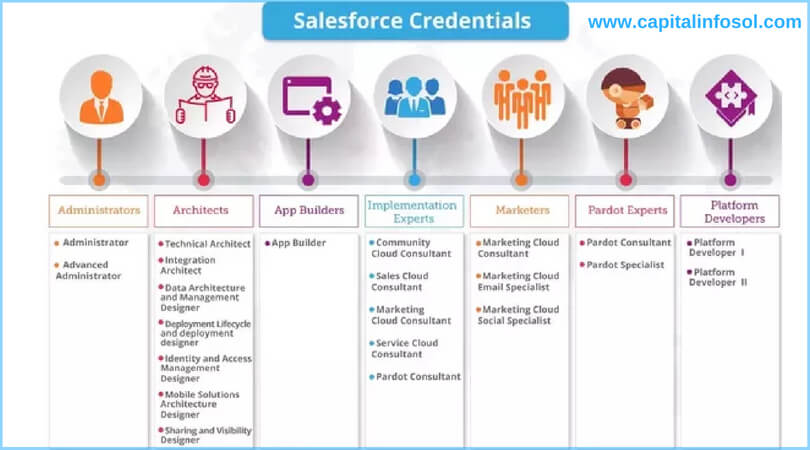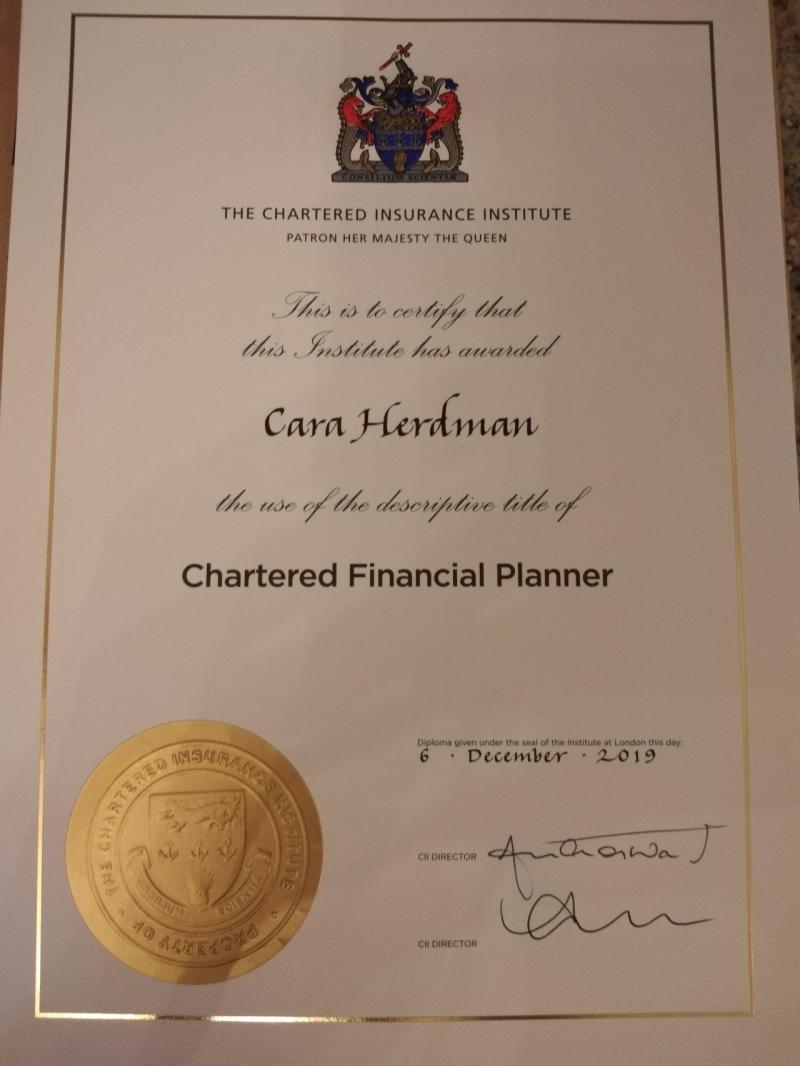
If you are considering a career in consulting, you might want to consider applying to boutique consulting firms. This type of firm is often smaller and provides more specialized services. You will also enjoy a more entrepreneurial culture and higher wages. Additionally, many boutique firms offer employees a place where they can grow and develop professionally.
Smaller size
You might consider a boutique-sized consulting company if you are looking to find great resources at an affordable price. There are many benefits to working with smaller companies. They can also be more affordable than larger companies. However, smaller consulting firms have a number of disadvantages.
Big firms are great places to work but boutique firms might be better for you. They place more emphasis on fit and industry knowledge than size. Because they are smaller than multinational consultancies, boutique companies are less likely not to screen applicants and will hire "blank slates" candidates.
Specialized services
Many boutique consulting firms have a specialization in one field and only work with clients who are facing specific issues. They offer a wide range of services, including cloud migration, data management and advanced analytics powered through machine learning. These companies also use agile methodology, which is more flexible and responsive. They are more responsive to changes in project scope.

Boutique consulting firms specialize in specialized services to help enterprises solve unique business problems. To help companies solve their most pressing issues, they draw on the experience and expertise of their staff. Their expertise allows them to help enterprise teams use technology to transform their businesses. In a time when companies must react faster than ever before, boutique consulting firms are essential partners.
Entrepreneurial culture
Boutique consulting firms are typically less than 200 people and specialize in highly customized services. They can often be considered a family of workers, people who share a passion and work together. Boutique consulting firms tend to be more flexible and allow their employees to work remotely if needed.
Boutique consulting firms often have a more entrepreneurial culture than traditional consulting firms. Firms can be more entrepreneurial than traditional firms. This spirit can influence both their internal culture as well as the client service. This environment is conducive to innovative and creative consulting.
Higher salaries
The boutique consulting model has many advantages over the traditional MBB. Smaller firms can be more flexible than large ones. You will be expected to work less than fifty hours per week, travel one week per monthly, and are less rigid in your reviews. As a result, small consulting firms are more flexible regarding compensation and benefits that larger companies.
The salaries of new employees at boutique consulting firms, for example, are much higher than those at larger firms. In general, new graduates can expect to earn between PS30,000 and PS42,000 within the first two or three years. But in addition to this, boutique consulting firms often offer additional financial benefits.

Simplified process
The advantages of boutique consulting firms are their smaller size and ability to operate more quickly. They have a senior staff with extensive knowledge in the field. This means they can provide better advice and implementation support for their clients. They also have a lower travel burden and a higher degree of flexibility. This allows them to move quickly to the next project.
Smaller consulting firms specialize in a certain area. They offer specialized information about specific issues and challenges, and work to improve the company of each client. Some boutique companies specialize in the public sector and others in specific industries.
FAQ
Can anyone become a consultant
A consultant is someone who assists you in achieving your goals by offering advice and suggestions on how to achieve it faster, cheaper, and so forth.
Consultants can help you resolve problems, make decisions, and negotiate with other people.
Consultants are often hired to help with specific tasks and projects.
Actually, most consultants get paid hourly and daily rates, rather than per-project.
Do I require legal advice?
Yes! Yes. Consultants can often create contracts with clients, without seeking legal advice. This can lead into problems down-the-road. For example, what happens to the contract if the client terminates it before the consultant has completed? Or what happens if a consultant fails to meet the deadlines in the contract?
To avoid any problems, it's best that you consult a lawyer.
How did modern consultancy come about?
Accounting professionals were the first to become consultants. They helped companies manage their finances. They were known as "accounting consults" because they are highly skilled in the management of financial information. However, this role soon expanded into other areas, such as human resources management.
The term "consultant" came from the French word for "to advise." It was used by businessmen to describe someone who could offer advice on how to run an organization. In fact, most business owners today still use the word consultant when referring to any kind of professional advisor.
What can I count on from my consultant to help me?
After you have selected your consultant, expect to hear from them within a few business days. They will ask you for information about your business, including the mission, goals, products, and budget. After that, they will send you a proposal detailing the scope of work, expected time frame, fees and deliverables.
If all goes well, the parties will then negotiate a written agreement. The type and content of the contract will vary depending on whether the relationship is employer-employee/employer-independent contractor.
If everything goes as planned, the consultant may begin to work immediately. The consultant will have access your internal documents and resources. Additionally, you'll have access their skills and knowledge.
Don't think that consultants are experts. It takes practice, effort and practice in order to be an expert in any area you consult. Your consultant should not assume that they know everything about you business.
Statistics
- My 10 years of experience and 6-step program have helped over 20 clients boost their sales by an average of 33% in 6 months. (consultingsuccess.com)
- According to statistics from the ONS, the UK has around 300,000 consultants, of which around 63,000 professionals work as management consultants. (consultancy.uk)
- WHY choose me: Why your ideal client should choose you (ex: 10 years of experience and 6-week program has helped over 20 clients boost their sales by an average of 33% in 6 months). (consultingsuccess.com)
- According to IBISWorld, revenues in the consulting industry will exceed $261 billion in 2020. (nerdwallet.com)
- So, if you help your clients increase their sales by 33%, then use a word like “revolution” instead of “increase.” (consultingsuccess.com)
External Links
How To
How to start a consulting company and what should I do first?
Starting a Consulting Company is a great way to make money online from home. You don't have to have any business experience. To start your own consulting business, you can build a site. After you have built a website, social media platforms such Instagram, Pinterest and LinkedIn will be useful to spread the word about your services.
These tools allow you to make a marketing program that includes the following:
-
Create content (blogs).
-
Building relationships (contacts)
-
Generating leads, also known as lead generation forms
-
Selling products on e-Commerce websites
Once you've created your marketing strategy, the next step is to find clients who are willing to pay you for your services. While some people prefer to attend networking events and groups, others prefer online methods like Craigslist, Wikijiji, or Kijiji. Your choice is yours.
Once you've found new clients, you'll want to discuss terms and payment options. You can discuss hourly rates, retainer agreements, flat fees, and other options. It is important to clearly communicate with clients before you accept them as clients.
An hourly agreement is the most common contract for a consulting service. This type of contract requires you to provide certain services at fixed rates each week or month. You may be able negotiate discounts depending on what service you offer. It is important to understand the terms of any contract you sign before you sign it.
Next, create invoices and then send them to clients. Invoicing is one of those things that seems simple until you actually try it. You have many options to invoice your clients. Some people prefer to email their invoices directly, while others prefer to mail them hard copies. Whatever your preferred method, make sure it works well for you.
Once you have completed creating invoices you will want to collect payment. PayPal is the most popular payment option because it's easy to use and provides multiple payment options. There are many other payment options, such as Square Cash, Square Cash and Google Wallet.
Once you're ready for collecting payments you'll need to set up bank account. Having separate checking and savings accounts allows you to track income and expenses separately. Automated transfers into your bank account are a great way to pay bills.
Although it can seem daunting when you first start a business as a consultant, once you get the hang of it, it will become second nature. This blog post will provide more information about starting your own consultancy business.
A consulting business is a great way of making extra money without worrying about your employees. Consultants can work remotely so they don't have the hassle of dealing with office politics and long working hours. Being able to work remotely allows you more freedom than traditional employees.